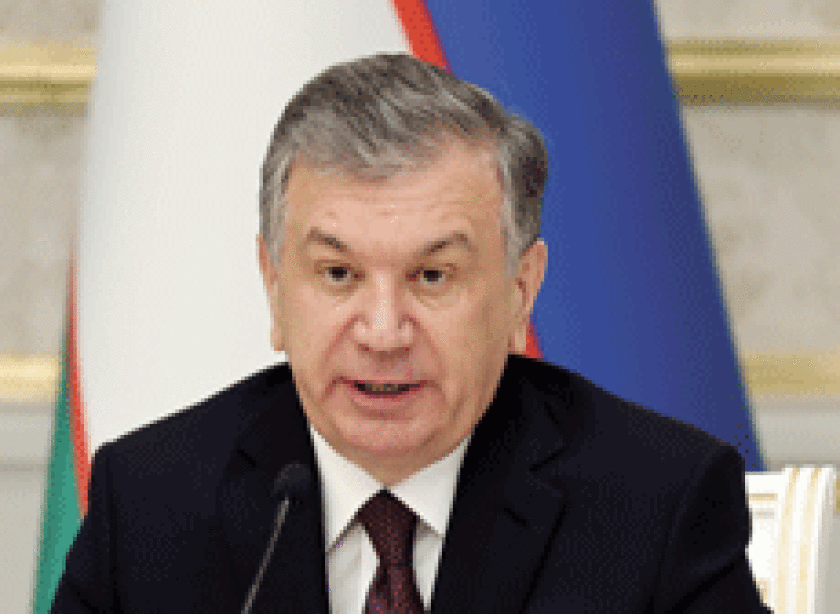Uzbekistan is on the verge of a capital markets revolution, with banks and investors keen to take part in economic liberalisation programmes that would see the government sell stakes in some of the country’s prize assets to public investors.
The Uzbekistan cabinet last month passed a resolution to start selling government stakes in financial entities on the Tashkent stock exchange.
The IPOs of Sanoat Qurilish Bank, Asia Alliance Bank and Jizzax Plastmassa are expected to take place later this year, alongside secondary public offerings (SPOs) in Aloqabank and Uzbek Commodity Exchange.
The move is part of a plan led by president Shavkat Mirziyoyev who wantss to liberalise the country’s economy by reducing the government’s role in businesses deemed “non-core”. Mirziyoyev took office in 2016 and is seen as a moderniser.

“The regulators have dual objectives in the privatisation wave — first they want to reduce the dominance of the government in the broader economy, which means the government is reducing its stakes in non-core business and companies,” said Sardor Koshnazarov, development and investment director at Silk Capital, which is advising the Uzbek government on a number of transactions. “The new agencies seem to have succeeded in convincing the country’s top politicians that it should focus on core government businesses and should sell some stakes in non-core businesses.
“The government is also being decisive in boosting the capital markets by bringing in new IPOs and SPOs to the market, utilising local support and bringing foreign investors into the local capital markets “
Mineral reserves
The three local listings set for this year will precede three further IPOs which will be marketed internationally. Uzbekistan’s largest state mining companies — Navoi Mining and Metallurgical Company, Uzbek Metallurgical Company, and Almalyk MMC — are expected to hold dual local and international listings in 2022 and 2023.
Investing in Uzbekistan is an exciting opportunity for many investors. According to the IMF and Uzbekistan’s State Statistics Committee, Uzbekistan has the third fastest growing economy in the CIS region, with average real GDP growth of 6.7% between 2013 and 2018 — consistently higher than the global average.
It also has vast mineral reserves, particularly in gold and uranium — Uzbekistan is the ninth largest gold producing nation and the second largest in the CIS region, and has the third largest gold reserves in the world.
“When I go to the region in general, I meet with companies in Georgia and Kazakhstan for example who see plenty of opportunity in Uzbekistan,” said a US-based emerging markets investor. “I recently went to Uzbekistan and I was incredibly impressed with everything I saw. The debt to GDP is very low and they have huge reserves.
“The equity market is still very young, but I see foreign interest and strong fundamentals as well as a change at the top of government, which is looking to openness and to bring in foreign capital. It really is an interesting time.”
